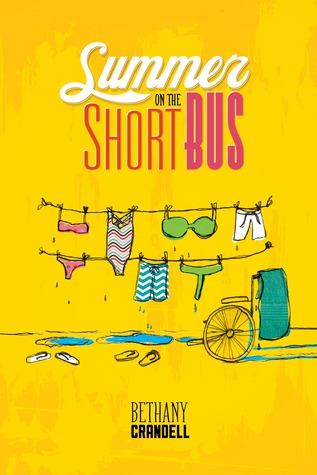I love talking to authors. Our experiences are so similar, yet so very different, that every one of us has a new story to share. Everyone says that the moment you get your cover it really hits you - you're an author. The cover is your story - and you - packaged for the world. So the process of the cover reveal can be slightly panic inducing. Does it fit your story? Is it what you hoped? Will it sell? With this in mind I put together the CRAP (Cover Reveal Anxiety Phase) Interview. Today’s guest is Alex Lidell, author of THE CADET OF TILDOR which will be available January 10, 2013 from Dial Books for Young Readers (Penguin).
Did you have any pre-conceived notions about what you wanted your cover to look like?
Orange. And with a sword. The word TILDOR just feels orange.
I also had expected to see at least one of my characters on the cover. Upon reflection, this wish had more to do with me wanting to see my character’s picture than with a genuine belief that the characters belonged on the jacket. See, that’s why writers don’t design covers!
How far in advance from your pub date did you start talking covers with your house?
When I first met my editor, shortly after she acquired CADET, she handed me a copy of GRACELING (Cashore is also a Dial author) saying that she thought I'd like the novel. The editor also pointed to the cover, saying that she imagined something similar for my book. "And glitter," she said. "We like glitter."
And then that editor left publishing.
My new editor and I talked about the cover once the major edits were done. Glitter has not come up in conversation.
Did you have any input on your cover?
On a scale of 1 (you'll see it when we're done) to 10 (draw your own), I'd put me at about a 5: Enough to feel involved and considered, but not so much that I could mess things up.
How was your cover revealed to you?
Anticlimactically. An email showed up out of the blue one day saying, "ok, cover time. Here is what we have in mind."
I was excited to learn that the designed had specifically asked to work on CADET and read the whole novel, which does not usually happen.
Was there an official "cover reveal" date for your art?
Yes! We had a Cover Team of about 50 bloggers – including this one here – that all revealed together on June 11, 2012. It was a lot of fun and I’d love to do something like that again. Maybe with the trailer reveal in a few months?
How far in advance of the reveal date were you aware of what your cover would look like?
I had the general notion for months, but got the final art less than a week before the reveal. Penguin knew and approved my reveal date - we based it around Penguin’s internal schedule.
Was it hard to keep it to yourself before the official release?
Impossible. I showed CADET’S cover to my mom and dad. I didn’t email it though - just to make sure one of us did not accidentally forward it along. Also, my agent was CCed on the cover, which was important because I had someone to legally talk about it with.
What surprised you most about the process?
The number of people involved. There is the editor. And the designer. And the artist-who is not the same person as the designer. And the marketing folk. And me. And my agent. And the people at the press who need to adjust stuff to get the colors just right. I'm sure there are others too…
Any advice to other debut authors about how to handle cover art anxiety?
Write down all your thoughts, wishes, ideas. See a cover you like? Take a picture. Make sure you know what you like and can describe / show it to the editor if she asks. For example, at one point in my cover we were discussing color tinge. I applied a photoshop color filter to the mock-up to explain what I was talking about.
Another suggestion: Find out which audience your publisher believes will buy your book. For example, Penguin thinks THE CADET OF TILDOR would appeal to Tamora Pierce and George R. R. Martin fans, so I spent some time looking at those authors’ posters/covers and phrasing my comments to the editor in those terms.


